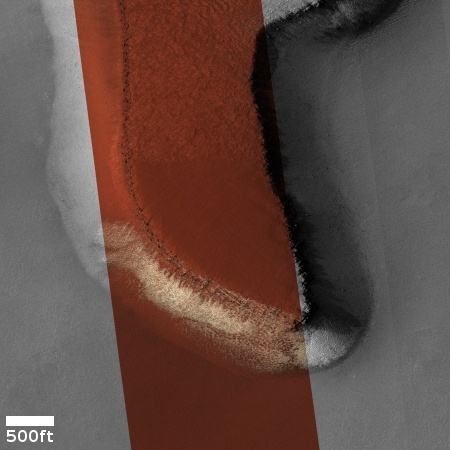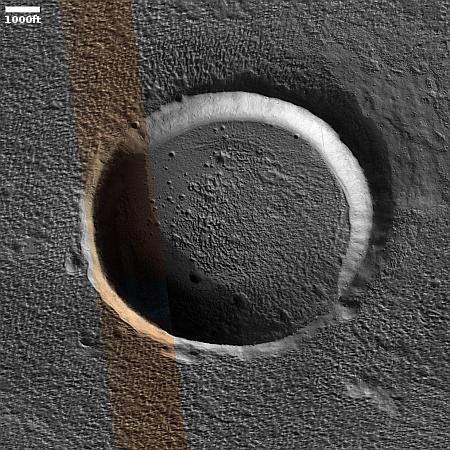August 30, 2024 Quick space links
Courtesy of BtB’s stringer Jay. This post is also an open thread. I welcome my readers to post any comments or additional links relating to any space issues, even if unrelated to the links below.
- Axiom touts the near completion of its space station’s Habitat One pressure vessel
The module is being built by Thales-Alenia in Europe and is targeting a 2026 launch date.
- NASA time-lapse video of the assembly of Europa Clipper, focusing on the installation of its solar panels
How nice. Meanwhile the agency is considering launching this multi-billion spacecraft with transistors that will likely fail quickly in the high radiation environment of Jupiter.
- Space Force: China is not as transparent as it should be about its creation of space junk
The story is focused on the debris left by the break-up of several Long March 6A upper stages. Jay succinctly sums it up: “China does not listen to anyone.”
- Video of the launch of China’s Ceres-1 rocket from an offshore barge
You can view another angle, with heroic background music, here. The rocket was built by the Chinese pseudo-company Galactic Energy, doing its third sea launch.
- Firefly touts the successful ongoing testing of the second stage engine of its Alpha rocket
The engine is dubbed Lightning. This testing will hopefully help overcome the issues the rocket has had with its upper stage on two previous launches.
- The first launch in Russia’s own Starlink constellation likely delayed from 2025 to 2026
As Anthony Zak notes in the tweet, Russian officials are certain of this new date because they have promised “passenger rail/air Internet via sat by 2028. …Good news — Russia still intends to have rail, air service in 2028!”
- On this day forty years ago the space shuttle Discovery was launched on its maiden flight
Discovery right now holds the record as the most reused spacecraft ever, with 39 flights total. Expect that record to be broken within the next five years by a Falcon 9 first stage, and later smashed by Starship.
Courtesy of BtB’s stringer Jay. This post is also an open thread. I welcome my readers to post any comments or additional links relating to any space issues, even if unrelated to the links below.
- Axiom touts the near completion of its space station’s Habitat One pressure vessel
The module is being built by Thales-Alenia in Europe and is targeting a 2026 launch date.
- NASA time-lapse video of the assembly of Europa Clipper, focusing on the installation of its solar panels
How nice. Meanwhile the agency is considering launching this multi-billion spacecraft with transistors that will likely fail quickly in the high radiation environment of Jupiter.
- Space Force: China is not as transparent as it should be about its creation of space junk
The story is focused on the debris left by the break-up of several Long March 6A upper stages. Jay succinctly sums it up: “China does not listen to anyone.”
- Video of the launch of China’s Ceres-1 rocket from an offshore barge
You can view another angle, with heroic background music, here. The rocket was built by the Chinese pseudo-company Galactic Energy, doing its third sea launch.
- Firefly touts the successful ongoing testing of the second stage engine of its Alpha rocket
The engine is dubbed Lightning. This testing will hopefully help overcome the issues the rocket has had with its upper stage on two previous launches.
- The first launch in Russia’s own Starlink constellation likely delayed from 2025 to 2026
As Anthony Zak notes in the tweet, Russian officials are certain of this new date because they have promised “passenger rail/air Internet via sat by 2028. …Good news — Russia still intends to have rail, air service in 2028!”
- On this day forty years ago the space shuttle Discovery was launched on its maiden flight
Discovery right now holds the record as the most reused spacecraft ever, with 39 flights total. Expect that record to be broken within the next five years by a Falcon 9 first stage, and later smashed by Starship.







